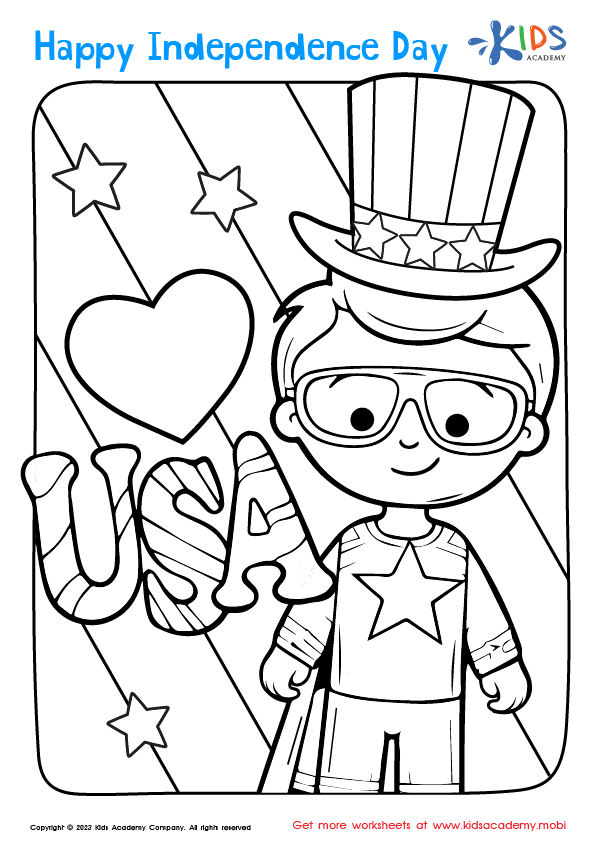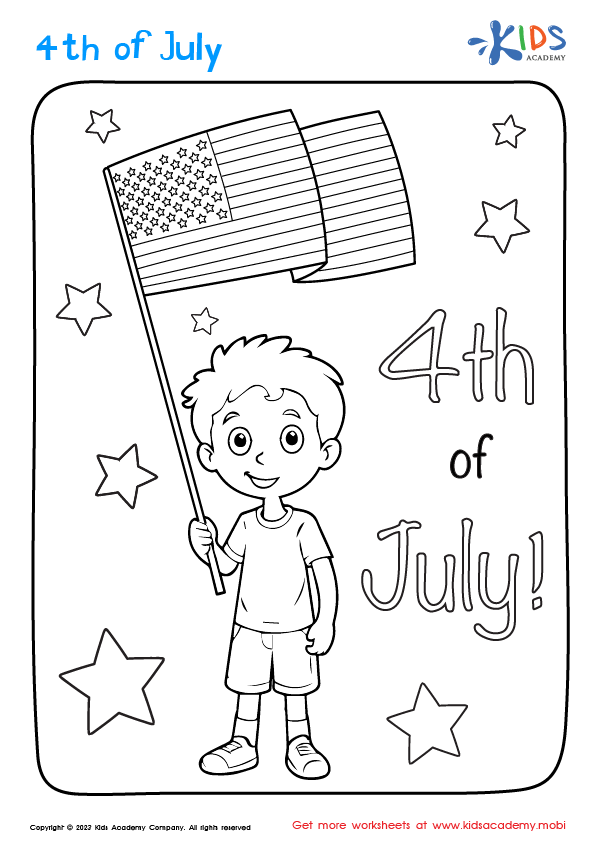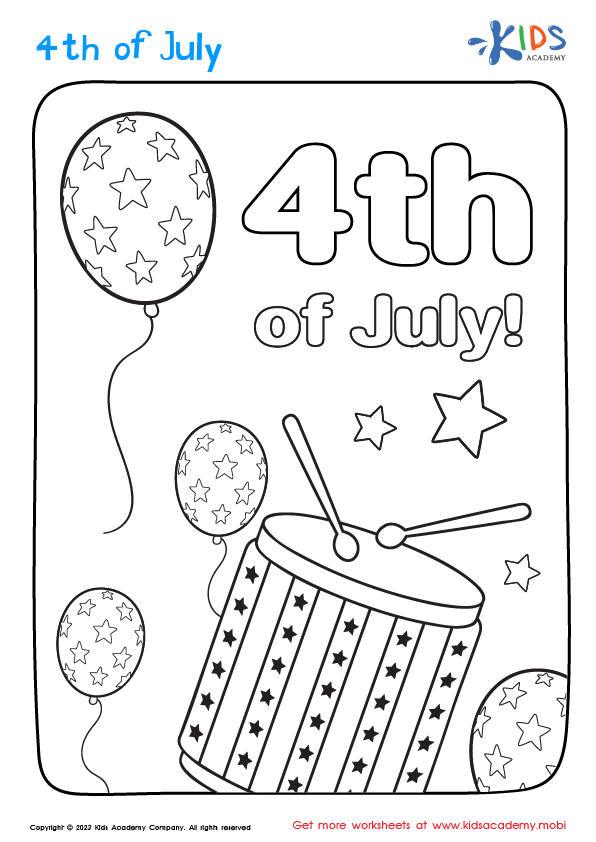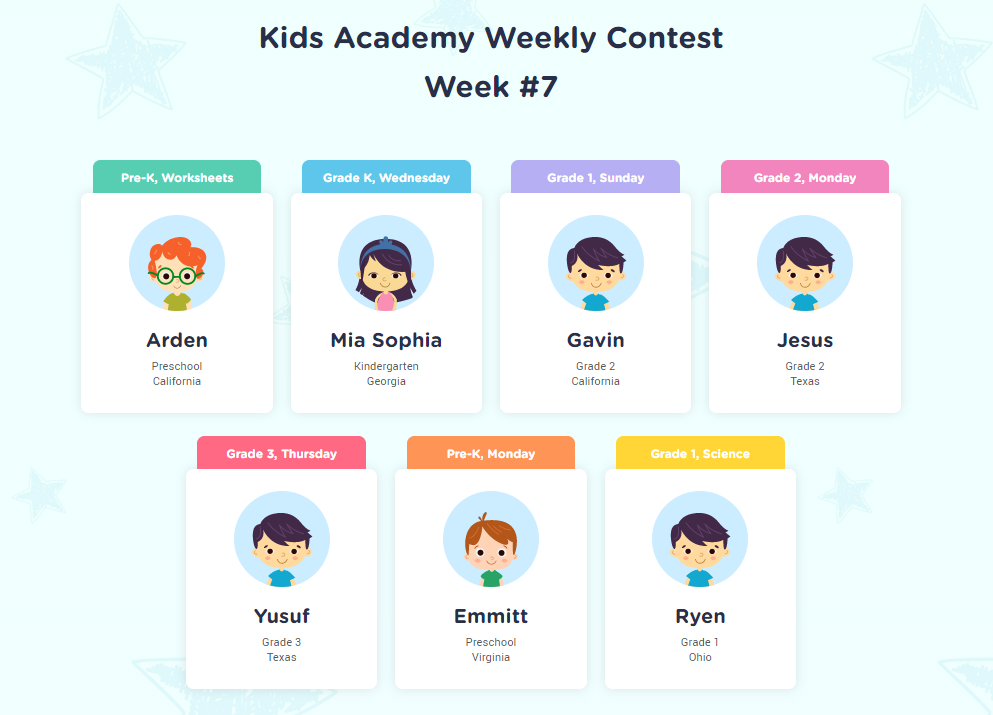History knowledge Worksheets for 8-Year-Olds
5 filtered results
-
From - To
Discover engaging "History Knowledge Worksheets for 8-Year-Olds" designed to spark curiosity and enhance learning. Our printable resources challenge young minds with age-appropriate activities that explore significant historical events, figures, and concepts. Each worksheet is crafted to reinforce critical thinking and improve historical understanding through fun exercises, including timelines, matching games, and creative writing prompts. By integrating history into your child's learning journey, we aim to foster a love for the past while building foundational skills. Perfect for home or school use, these worksheets will make history come alive for your eight-year-old, setting them on the path to becoming informed global citizens.
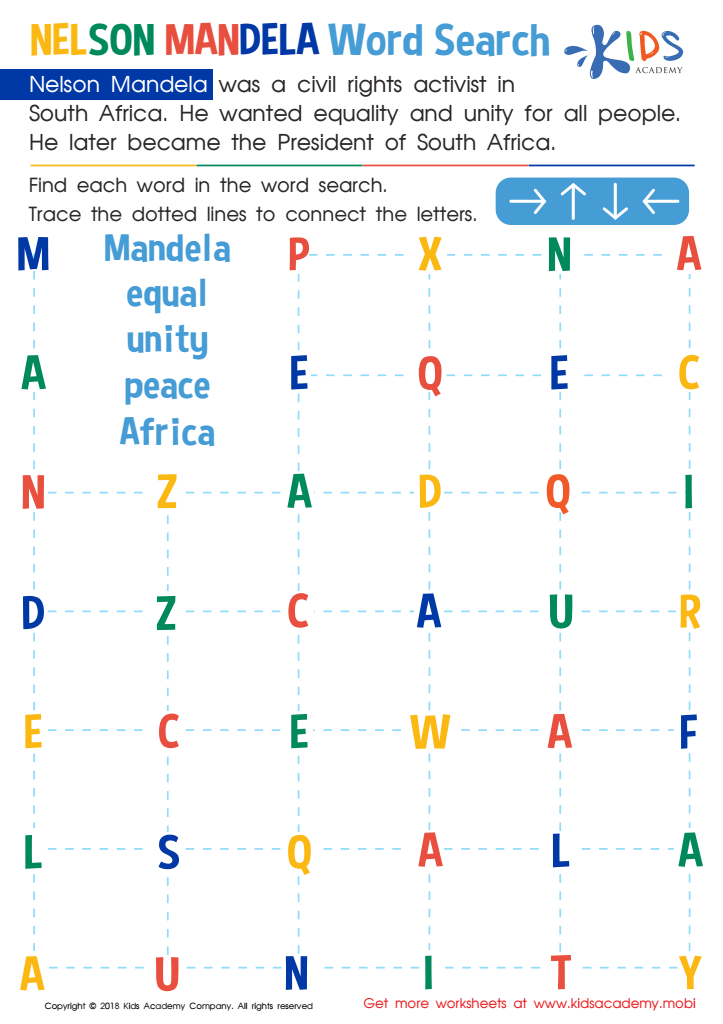

Nelson Mandela Word Search Worksheet
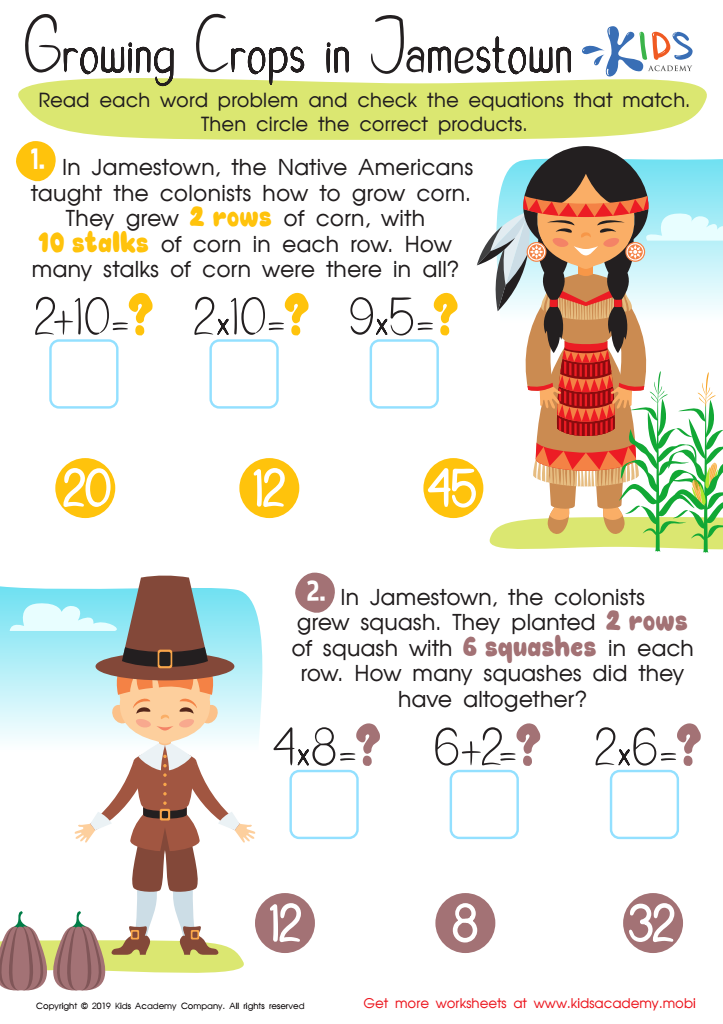

Growing Jamestown Worksheet
Teaching history to 8-year-olds is vital for several reasons. First, it fosters an understanding of identity and culture. At this age, children are beginning to form their sense of self, and knowledge of history helps them understand where they come from, broadening their perspective beyond their immediate environment.
Second, learning history cultivates critical thinking skills. Children are encouraged to analyze events, consider different viewpoints, and ask questions, which enhances their ability to think critically about the world around them. This skill set is essential for informed decision-making in their future.
Additionally, history teaches important life lessons through stories of resilience, courage, and morality. By exploring historical figures and events, children can learn about the repercussions of actions and the importance of empathy and understanding, which are crucial for developing social skills.
Moreover, history provides context for the present; as children learn about past events, they better comprehend current issues and societal dynamics. This context helps them become informed citizens, equipped to participate in discussions that shape their communities.
By nurturing a love for history, parents and teachers are investing in the child's cognitive, emotional, and social development, fostering a well-rounded individual capable of engaging meaningfully with the world.

 Assign to My Students
Assign to My Students

